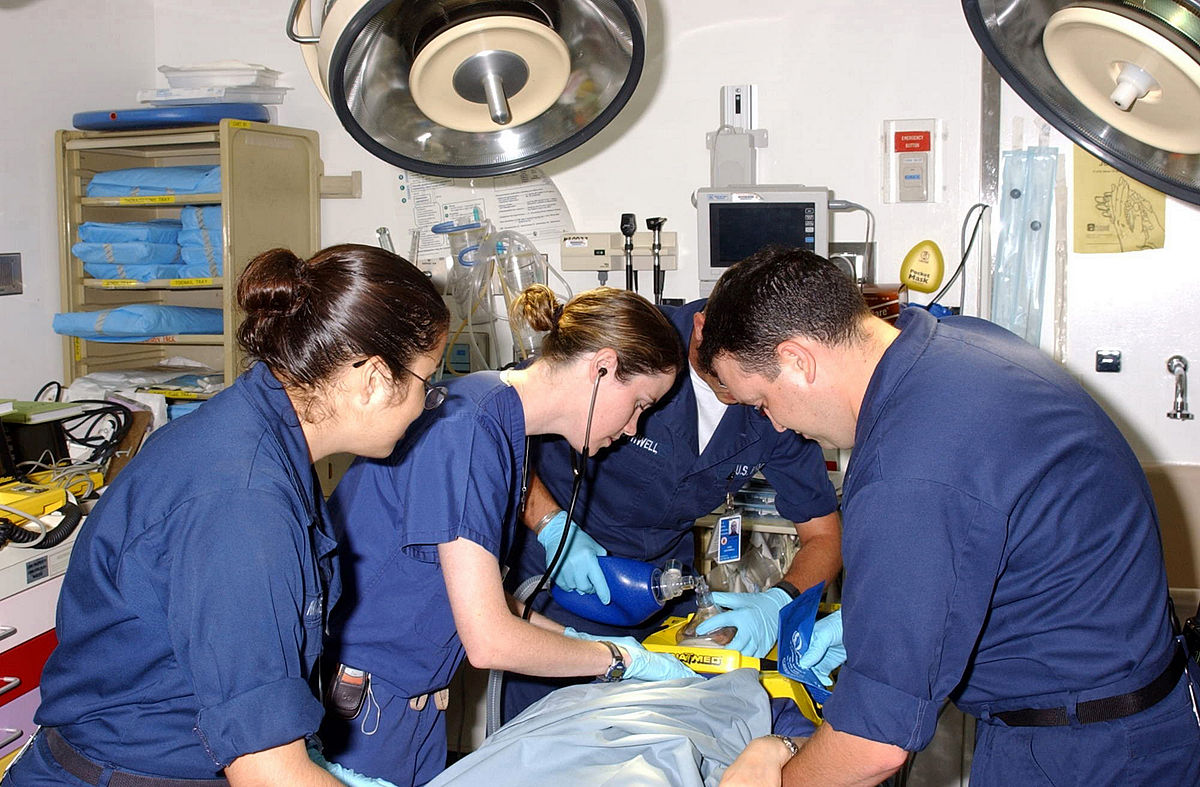At the University Medical Center (UCM) in Las Vegas, Nevada medical professionals are accustomed with the aftermath of Nevada traffic accidents—from life altering injuries to death. Statistic from earlier this year shows that between 2017 and 2019 almost nine-thousand patients have been admitted to Nevada hospitals due to traffic injuries. Of those admitted, seventy-one percent were discharged with no further need for care, while twenty-two percent required additional nursing and rehab, and three percent died as a result of their injuries. [1]
Recently, Dr. Deborah Kuhls, a trauma surgeon at the UMC intensive care unit and chief of critical care at UNLV’s Kerkorian School of Medicine received a state grant to expand her work in research preventing traffic related accidents in Nevada. Kuhls who has headed research into Nevada accidents since 2013, analyzes data from of the major trauma hospitals in the state—UMC, Sunrise Hospital, Dignity Health St. Rose Dominican, and Renown—as well as the data collected by the Nevada Department of Transportation, and data ranges from toxicology reports to environmental factors. This past year, Kuhls has also been able to add data from citations to her studies, what she hopes can give her and her team a better perspective on car accidents. She also hopes that the broader funding received by her team will be able expand the demographic research and pinpoint who is more at-risk—statistics that can assist lawmakers when creating and passing traffic bills.
In addition Kuhls is particularly interested in the role behavior plays pre and post accident, and notes that Nevada is sixth in the nation for highest number of confrontational drivers. The rash behaviors of drivers can make them more susceptible to becoming involved in an accident—something that impacts not just themselves, but everyone else on the road. Furthermore, the effects of an accident can have longstanding impacts on the mental health and behavior of those individuals. Many involved in accidents or their families struggle with grief, post-traumatic stress disorder, and a myriad of other mental health or behavioral issues. Kuhls states that highlighting this aspect of traffic accidents highlights the message that often times, these incidents are a result of human behavior and we have the power to change our actions on the road. [2]
Psychological Impacts of Traffic Accidents
While physical injuries and death are the most often talked about result of traffic accidents, psychological injuries are also common and often long-term results of accidents. Even if an accident doesn’t directly result in mental trauma, the injuries sustained can be detrimental to overall psychological health. The following are some common impacts traffic accidents can have on mental health:
- Anxiety: anxiety is usually marked by extreme fear and concern, and those in a traffic accident may feel extreme worry about getting back behind the wheel or even having family members getting behind the wheel.
- Post-Traumatic Stress Disorder: those with PTSD often experience vivid flashbacks, panic attacks, insomnia, intense sweating, intrusive and other symptoms that can impact daily functions and performance.
- Depression: this is especially common among those who suffered a traumatic brain injury. It can include low moods, moods swings, feelings of loss and hopelessness, as well as anxiety. Extreme cases can result in complete self-isolation and an inability to socialize. [4]
In a study conducted by the Journal of Public Health in 2020, about thirty-five percent of traffic accident survivors report some degree of post-traumatic stress disorder and twenty percent report depression symptoms. This can ultimately have lifelong impacts, including significantly lowering ones quality of life, just as a physical injury could. [3]
Just as with physical injuries, mental and emotional distress resulting from a car accident can be claimed within two years of a car accident, in accordance with Nevada’s statute of limitations. However, proving and reclaiming these noneconomic challenges can be both difficult and stressful during this time – which is why it is important to have a knowledgeable personal injury attorney by your side. The following are often considered by both insurance and courts when providing proof of the psychological impacts:
- Medical Diagnoses: a medical diagnoses for some of the conditions listed above can be utilized to prove mental anguish. In addition, certain physical symptoms such as weight loss, migraines, insomnia, and high blood pressure can be a manifestation of mental strain and can aide in proving emotional distress.
- Therapist Files: Notes and other documentation from a professional can be useful in proving the existence of mental anguish and can also be proof that the emotional distress is severe enough to seek out mental health care.
- Personal Testimony: In some cases, deposition or trial testimony may be used to seek personal insight into how the accident may have changed your personal outlook or caused you distress. Documenting your experiences via a journal or dated notes can help assist you with giving an accurate account.
- Expert Testimony: Sometimes it can help to have an expert like a psychologist share their personal evaluation about how the collision may have impacted aspects of your behavioral and mental health.
[1] https://crashstats.nhtsa.dot.gov/Api/Public/ViewPublication/813514
[2] https://lasvegassun.com/news/2023/dec/24/umc-surgeon-unlv-professor-using-grant-to-expand-s/
[3] https://academic.oup.com/eurpub/article/30/Supplement_5/ckaa166.1380/5915656
[4] https://www.cdc.gov/tobacco/campaign/tips/diseases/depression-anxiety.html


